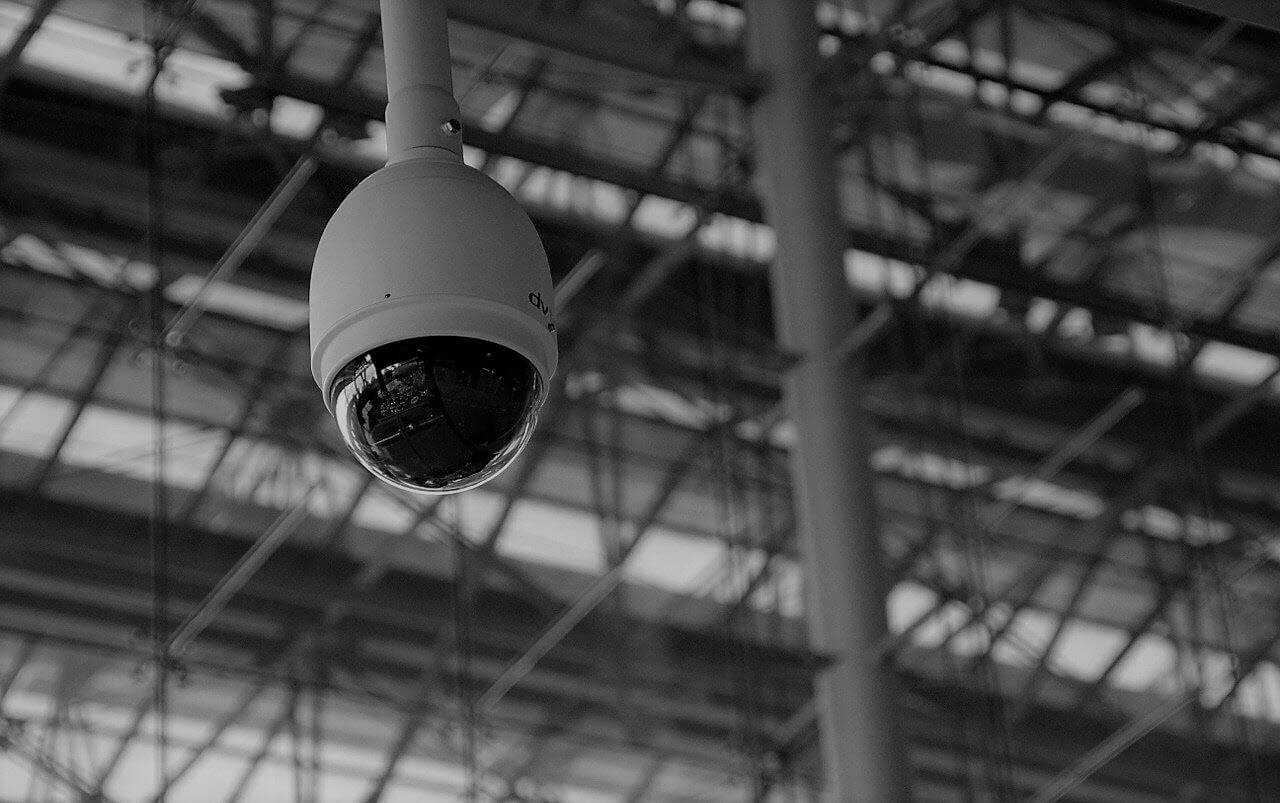Back-to-Work Protections Go High-Tech

Pepper Construction monitors its building sites with software that knows when groups of workers have gathered. Samarth Diamond plans to use AI-powered surveillance to spot when workers at its 4,000-employee polishing factory are not wearing masks. And RXR Realty is making an app that scores employees on their social distancing efforts.
If the workplace scenarios on Black Mirror aren’t creepy enough for your liking, you might want to try the business section of your newspaper. That’s where you can read about systems like the above. They might sound torn from a Philip K. Dick novel, but no, they are just ways that companies are trying to get by in May of 2020. Those companies – large and small, public and private – have two desires that are in tension with each other: the desire to get employees back to work, and the desire to limit the spread of the virus.
High-tech tools like those mentioned above are helping employers resolve that tension. Even so, there is no shortage of arguments against them. Companies might be pouring significant sums into technology that only serves its purpose for a matter of weeks (on the hopeful assumption we put the disease behind us quickly). Also, these new, unproven, AI-assisted tools could be prone to flagging non-problems. For instance, retail consultants note that a surveillance system might identify a family walking together through store aisles as a violation of social distancing policy.
Most obvious, of course, are privacy concerns. Those are present even in low-tech efforts, like a procedure under consideration by the access management company Okta. For employees who want to work in one of its offices, Okta may require them to complete a health check in advance, including a questionnaire about their temperature and other possible symptoms. At the other end of the technology spectrum, and also raising privacy issues, is RXR’s app. It will track employees’ movements through their phones, and base their scores on the amount of time they spend more than six feet away from other people.
For many companies, the imperative to get (or keep) business rolling simply overwhelms such concerns. For them, advanced tools offer a way to open for business while also assuring customers, workers, insurers and regulators that they are acting responsibly. So, presumably, they are going to use them.
Presumably, we say, because while some companies have talked to the press in hypothetical terms about precautions they might take, fewer have spoken to the market in public filings. Only recently have companies begun to divulge their plans. Here are some that have:
Amazon has committed “daily temperature checks” of associates, among “150 process changes in our operations network and physical stores” to protect employees.
Campbell Soup Co. has said it will perform “health screenings, including thermal imaging temperature checks” and other “protocols for identifying employee exposure.”
CF Industries Holdings Inc. will be “installing thermal temperature checks at each of our sites for all personnel.”
Hain Celestial Group Inc. is also using “thermal temperature scanners.”
PFSWeb, Inc., too, will perform “thermal scanning to check temperatures of our employees” and converted its whole contact center workforce to a work-from-home model.
Each company indicated that these measures are in addition to more standard ones. At CF Industries, for example, those included “requiring face coverings onsite, restricting visitor access, enhanced clean protocols and travel restrictions for employees.”
It should be interesting to see additional disclosures of technology used to protect workforces from the pandemic. And it will be more interesting to see whether the invasive tools remain after the virus is gone.



